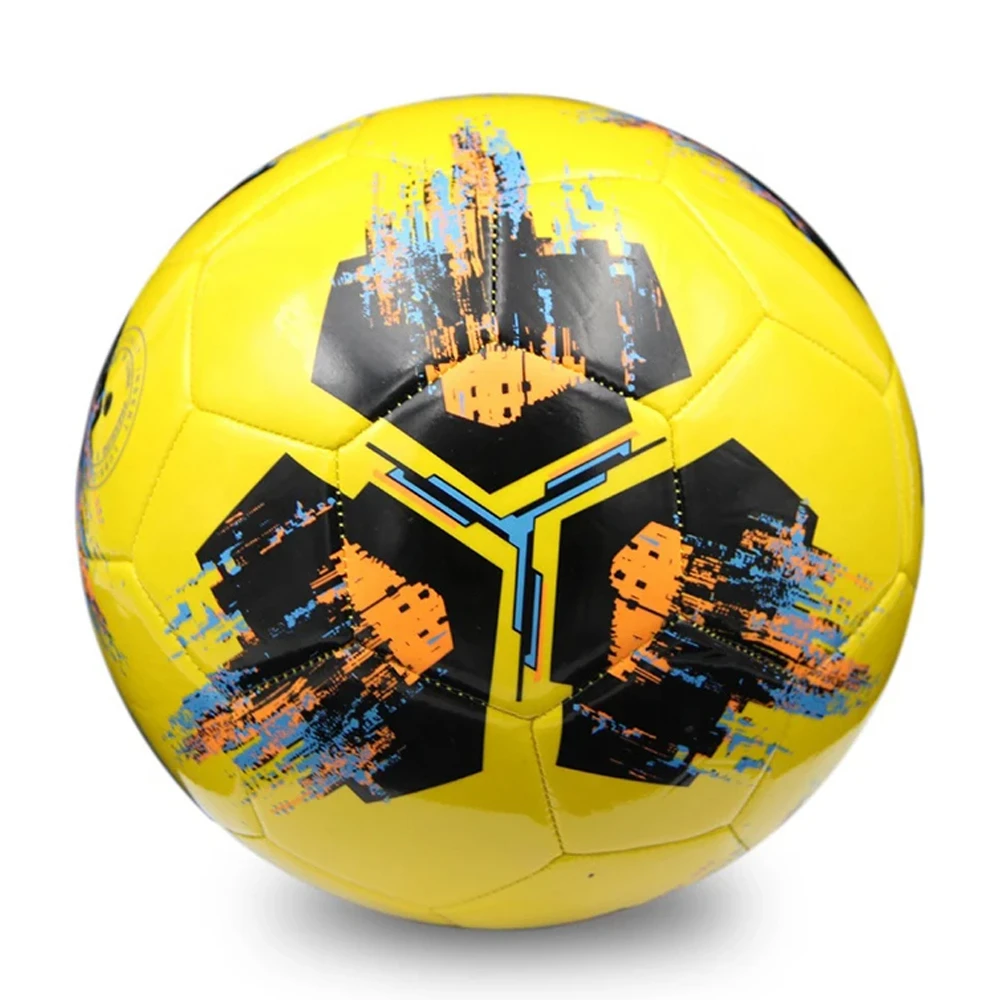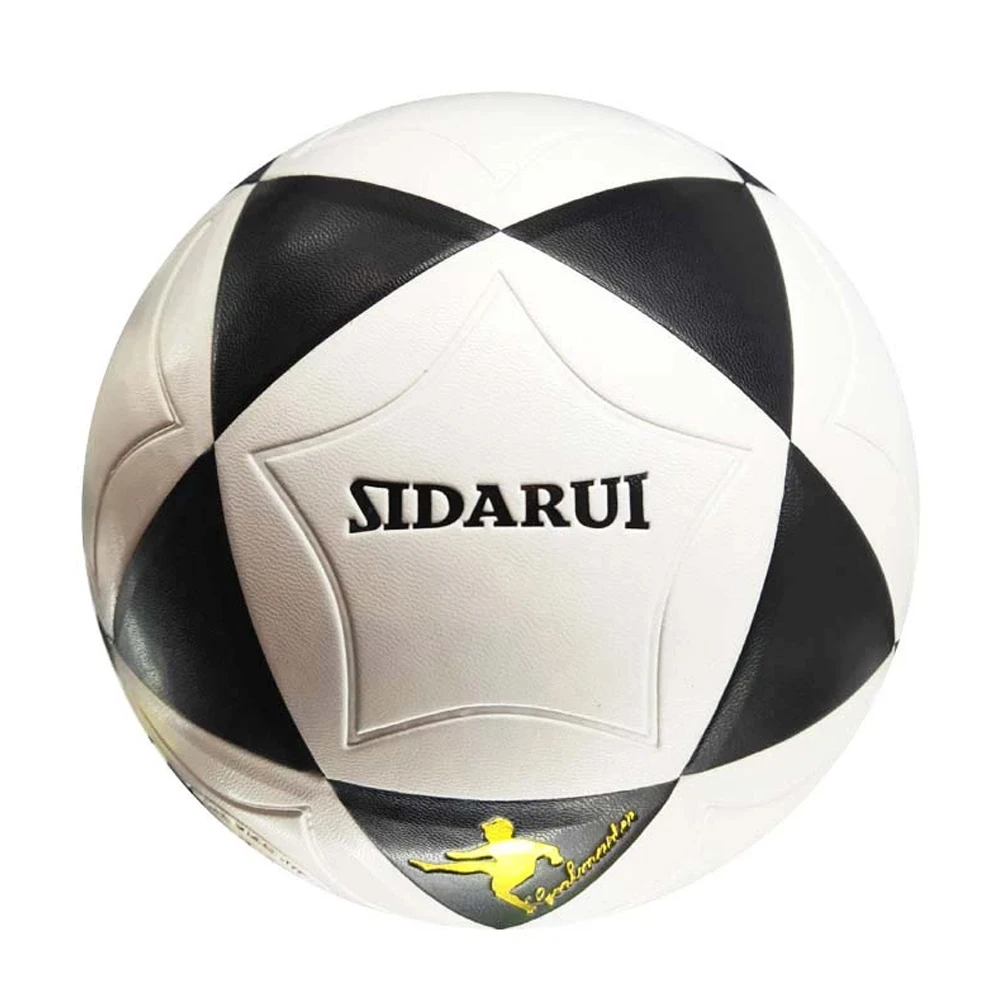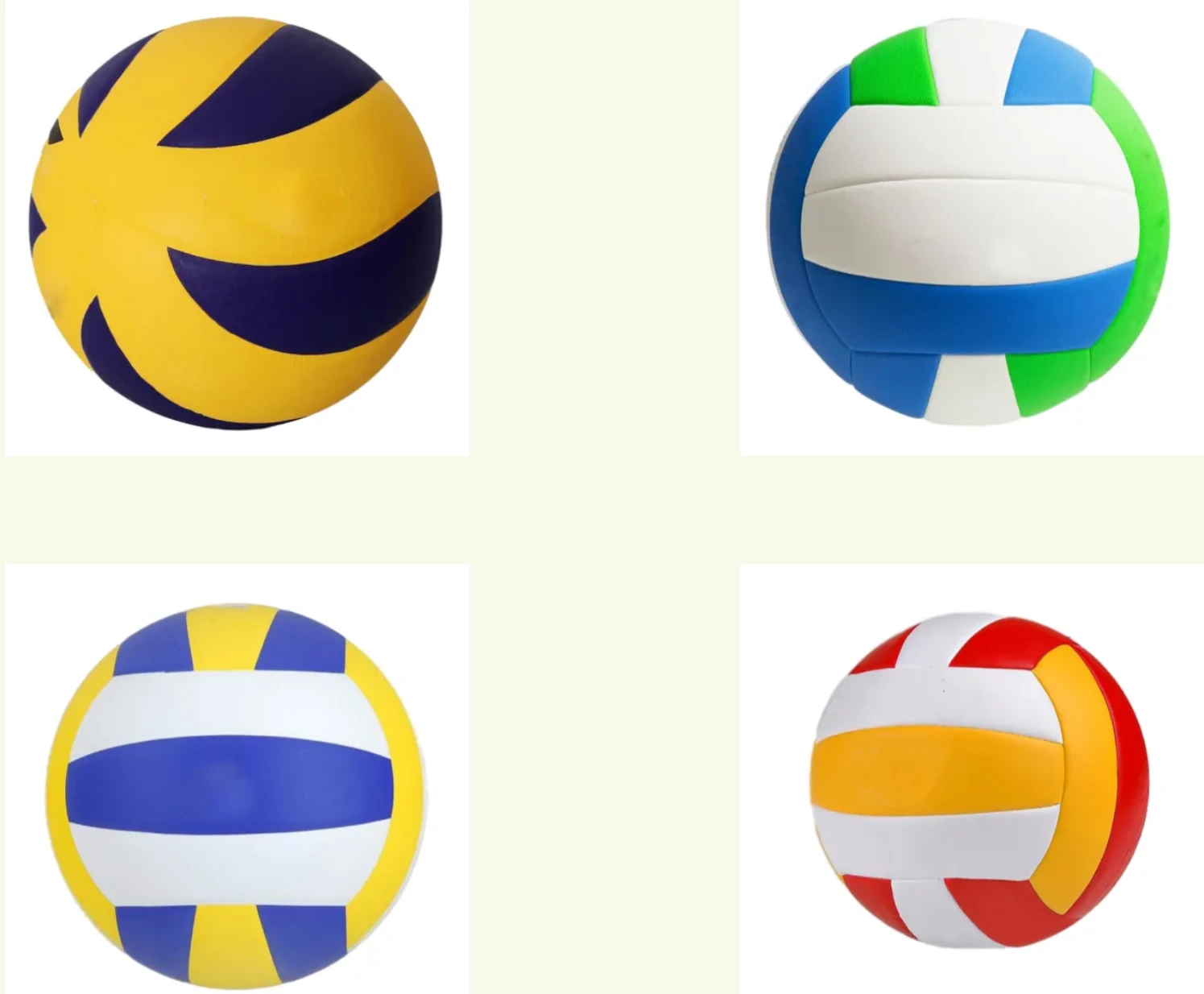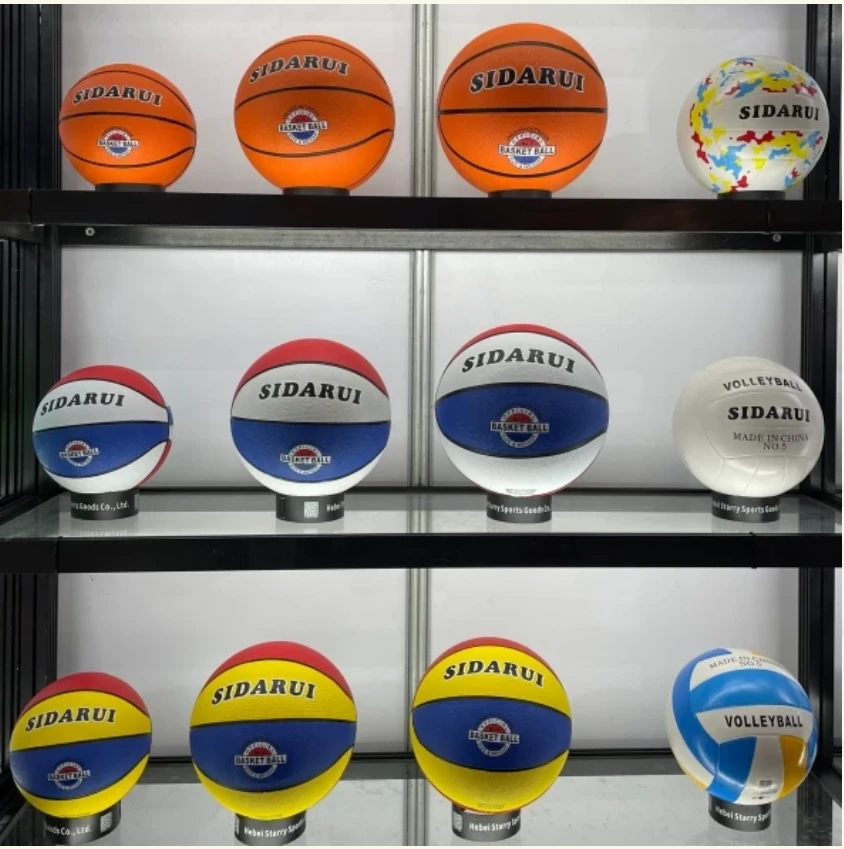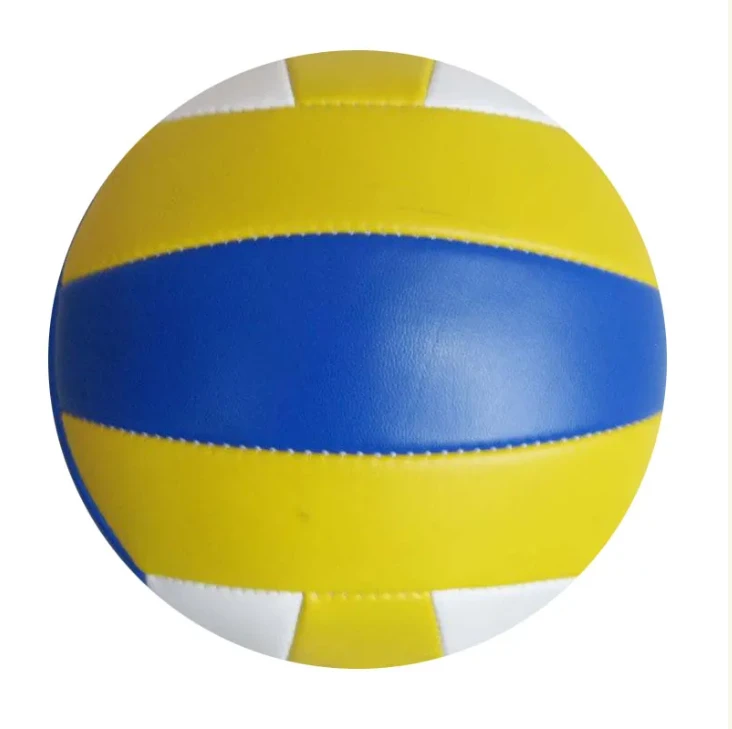Feb . 18, 2025 01:12
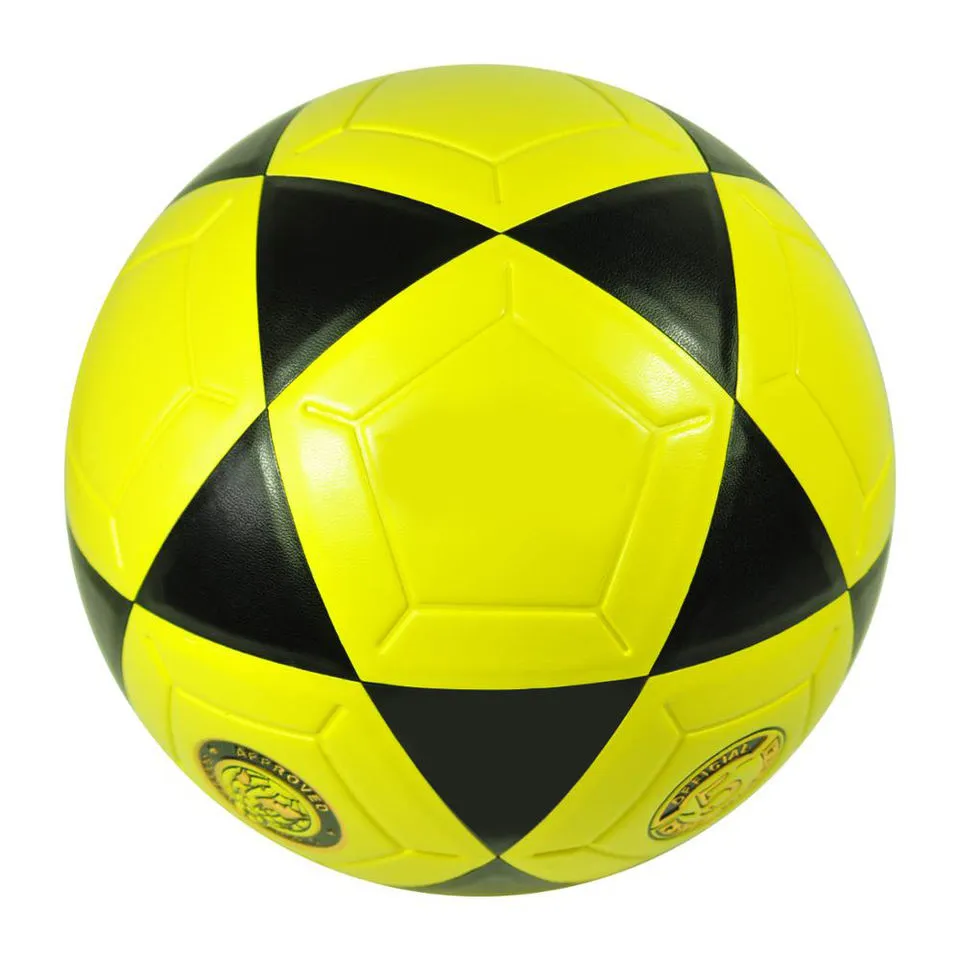

Experience teaches that using the appropriate ball size fosters an environment for players to refine their skills and learn the game more enjoyably. Professional coaches and sports equipment experts advocate a careful selection of materials. Most futsal balls are crafted from synthetic leather or a comparable composite material providing durability indoors. The material should balance toughness and elasticity against a futsal's typical high-contact, fast-paced gameplay. Decisive factors impacting the perception of one's expertise in futsal ball sizing extend beyond age and skill level; they include court surface type and personal player preference. Some futsal courts, especially in schools or new facilities, may have unique surfaces, for which certain ball textures perform differently. Test balls before purchase when feasible, to receive firsthand feedback from players about their handling and comfort. Professional insight emphasizes the sense of touch and control as integral to a futsal player's development. Coaches and team managers are urged to seek balls with excellent grip and minimal bounce consistency, as these qualities predicate effective ball control in tight spaces—a staple of futsal play. Manufacture adherence to International Futsal Federation standards ensures the ball's performance, reinforcing the trustworthiness of the products under consideration. Finally, reputable brands often provide guidance and suggestions regarding the proper size and weight according to international futsal standards. Consulting detailed reviews and leveraging customer feedback platforms can strengthen trust and authenticity in decision-making. Aligning investments with these insights ensures both players and stakeholders enjoy a high quality, skill-enhancing experience in their futsal journey.




